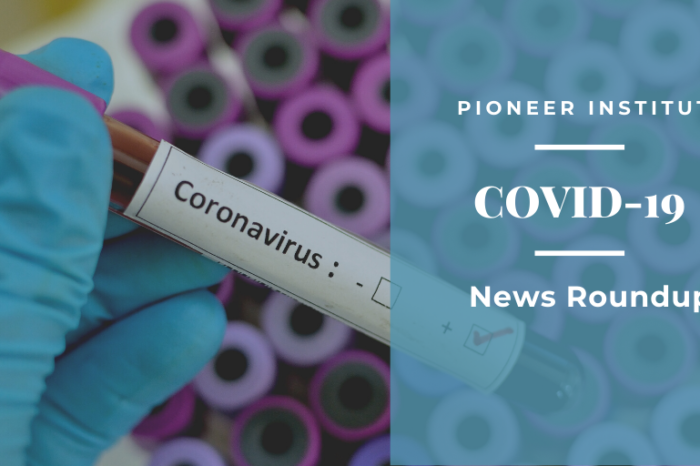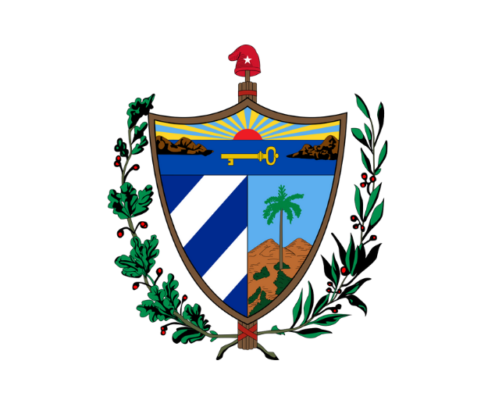COVID-19 Roundup from Pioneer: Tracking COVID-19 in MA, unemployment tsunami, cancel MCAS?, cell phone hygiene, salute to James Taylor, state tax filing & more!
Pioneer staff share their top picks for COVID-19 stories highlighting useful resources, best practices, and questions we should be asking our public and private sector leaders. We hope you are staying safe, and we welcome your thoughts; you can always reach out to us via email: pioneer@pioneerinstitute.org.
Our Top Picks for COVID-19 Pandemic News:
William Smith, Visiting Fellow in Life Sciences: This Harvard paper models that if coronavirus has the Spanish flu’s death rate – 2 percent – that means 150 million worldwide deaths in 2020 and a GDP loss of 6 percent in a typical country with consumption declines of 8 percent.
Micaela Dawson, Communications Director: Where are the COVID-19 cases in Massachusetts? WCVB-TV has some excellent charts showing the location of those testing positive, the number tested, quarantined, hospitalized, and much more.
Our Picks for Public & Private Sector Best Practices:
Greg Sullivan, Research Director, is quoted extensively in this news story on the state’s unemployment tsunami, and what the federal government can do to assist.
Jamie Gass, Education Policy Director, is quoted in today’s Boston Globe story on calls for Massachusetts to cancel MCAS testing:
“The MCAS is a central element of the law that has driven the state’s historic success on every measure of the national and international student achievement. But given the serious realities of the COVID-19 pandemic, schools being closed across Massachusetts, and the logistics of testing protocols, the state should explore postponing MCAS until this national emergency has subsided and schooling in the Commonwealth resumes.”
Jamie also offers “7 Tools to Keep Your Child Engaged in Math During COVID-19.”
Barbara Anthony, Senior Fellow in Healthcare: State Insurance Commissioner Gary Anderson urges all insurers to be flexible regarding payments of premiums and cost sharing for small businesses and individuals.
Mary Connaughton, Director of Government Transparency: My house has never been cleaner. All high-touch surfaces are cleaned with reckless abandon. But how important is it to clean our cell phones? Here’s some guidance from the Wall Street Journal, well, sort of… Shout out to the State House News Service (SHNS) for making their informative Coronavirus Tracker free to the public. And “we’ve got a friend” in singer James Taylor – he donated $1 million to Mass General Hospital to fight COVID-19.
Questions for Our Public & Private Sector Leaders:
In our last roundup we asked you to take our poll: Should MA Governor Baker issue a shelter-in-place order? Among respondents, here are the results: 42% Yes, 51% No, 7% Undecided.
Read our Public Statement on the Governor’s emergency order.
Barbara Anthony: Only those with symptoms can receive tests, but we know that many people are asymptomatic and continue to spread unknowingly. So why are we limiting testing to only those with symptoms? Also, can Massachusetts officials provide guidance on the state tax filing deadline? It would be helpful to clarify this, since most people can’t file state taxes without figuring out federal taxes. But stay tuned – looks like DOR is working on it.
Do YOU have interesting articles to share with us? Please email us, or message us through our social media channels below!
Share our COVID-19 roundups: bit.ly/covid19pio
Join us on social media!
Get Our COVID-19 News, Tips & Resources!
Related Content:













